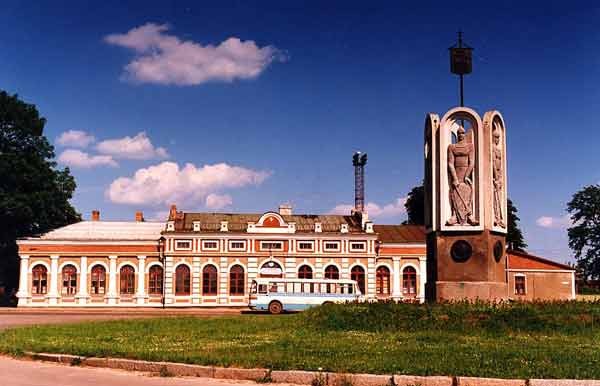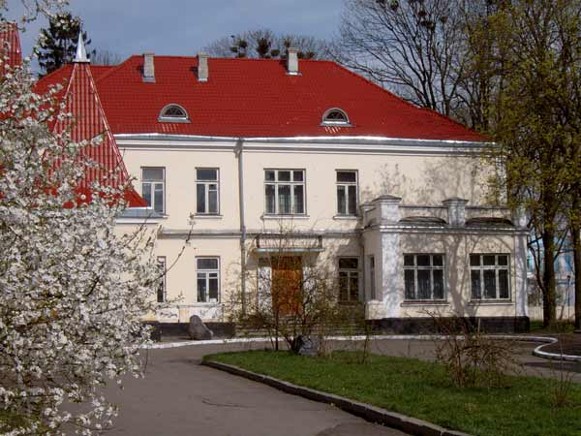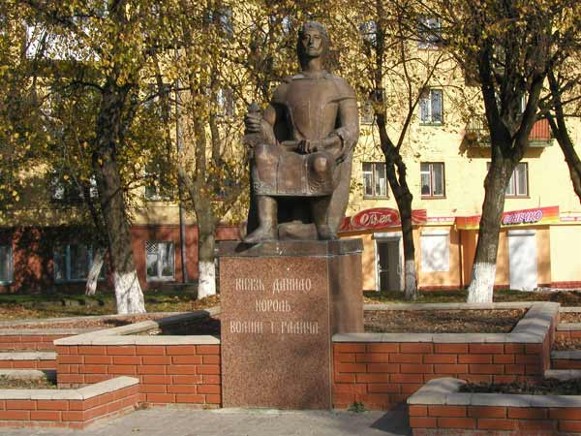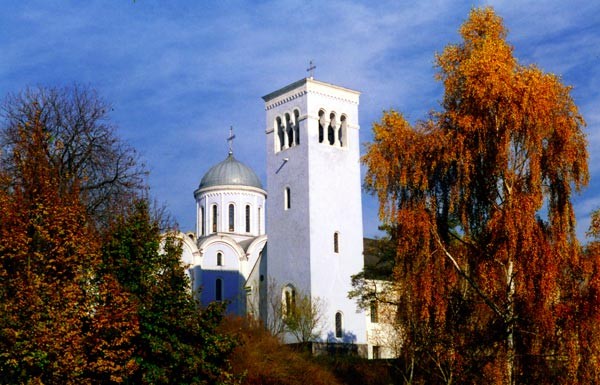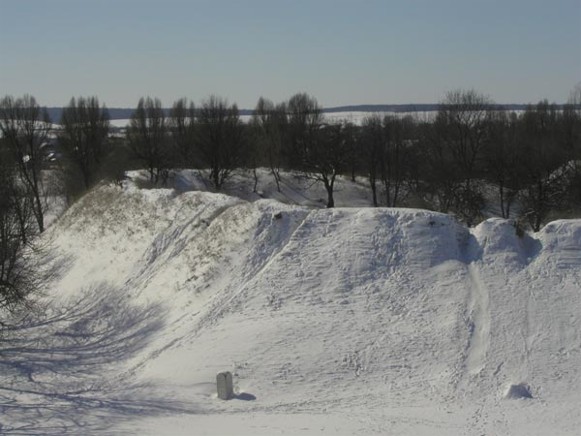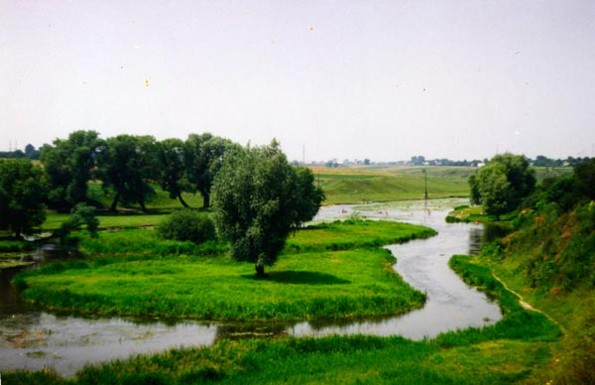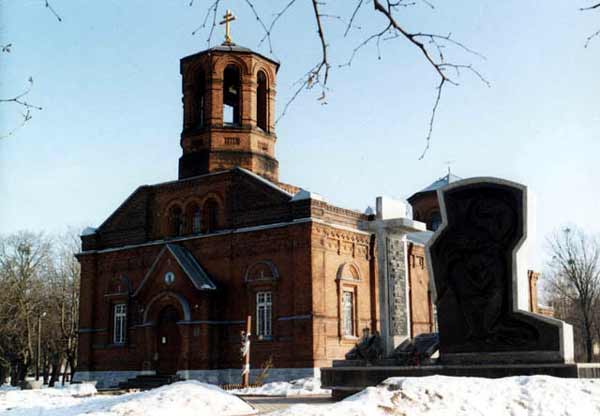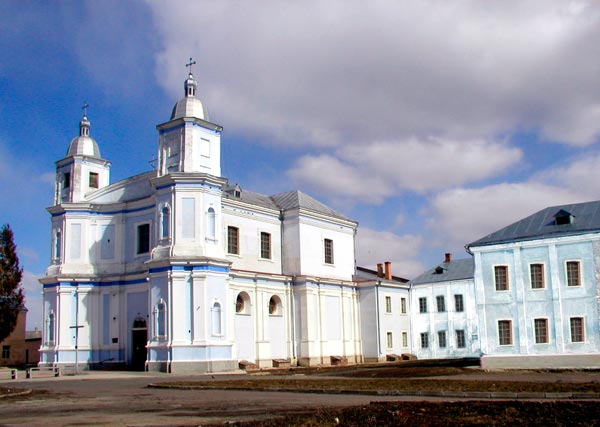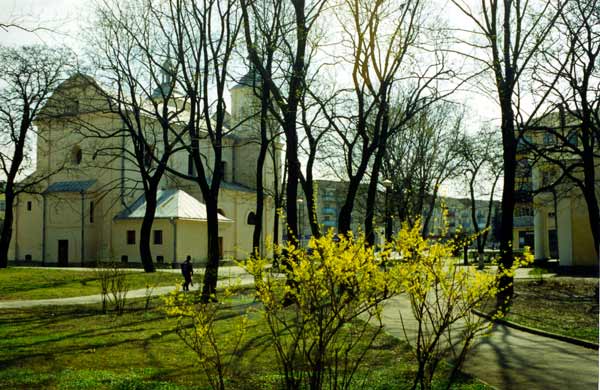Volodymyr-Volynskyi
Volodymyr-Volynskyi [Volodymyr-Volyns’kyj]. Map: III-5. A city (2001 pop 38,300) on the Luha River and a raion center in Volhynia oblast. One of Ukraine's oldest cities, it is first mentioned in the chronicles under the year 988, as the fortified trading town of Volodymyr and the seat of an eparchy (see Volodymyr-Volynskyi eparchy). In the 12th century it was the center of Volodymyr principality, and in 1199 it became part of the Principality of Galicia-Volhynia. Frequent Tatar attacks (1240, 1260, 1491, and 1500) brought about its decline. In the late 14th century it came under Lithuanian rule, and in 1431 it obtained the rights of Magdeburg law. From 1569 the town belonged to the Polish-Lithuanian Commonwealth. Prince Kostiantyn Vasyl Ostrozky set up a school there in 1577, and a Basilian college operated there in the 18th century. In 1795 the town was annexed by the Russian Empire. It was renamed Volodymyr-Volynskyi, and served as a county center in Volhynia gubernia. During the First World War the Ukrainian Sich Riflemen opened the first Ukrainian school there, in 1916, and the Graycoats division was stationed there, in 1918. In the spring of 1919 the town was captured by the Polish army. In the interwar period Volodymyr-Volynskyi was a county center under Polish rule. In 1943–6, units of the Ukrainian Insurgent Army operated in the surrounding forests. Today the city is an industrial and communications center. It has a sugar refinery, canning plant, winery, dairy-products plant, sewing factory, flax-processing plant, and furniture factory. Its chief architectural monuments are the remains of the 12th- to 13th-century fortifications, the foundations of 10th- to 14th-century residential buildings, the Dormition Cathedral in Volodymyr (1160, restored at the end of the 19th century), Saint Basil's Church (13th–14th century), and the Renaissance bishops' palace (16th century). Hermit cells and an old monastery complex have been preserved in nearby Zymne (see Zymne Monastery).
BIBLIOGRAPHY
Boiko, Maksym. Volodymyr – stolychnyi hrad Volyni (Bloomington 1988)
[This article originally appeared in the Encyclopedia of Ukraine, vol. 5 (1993).]
